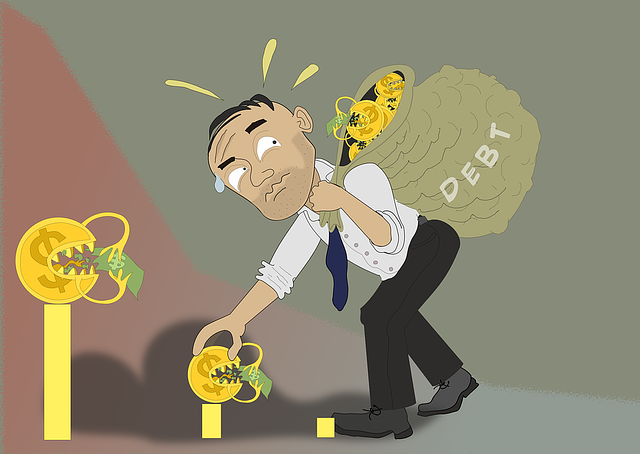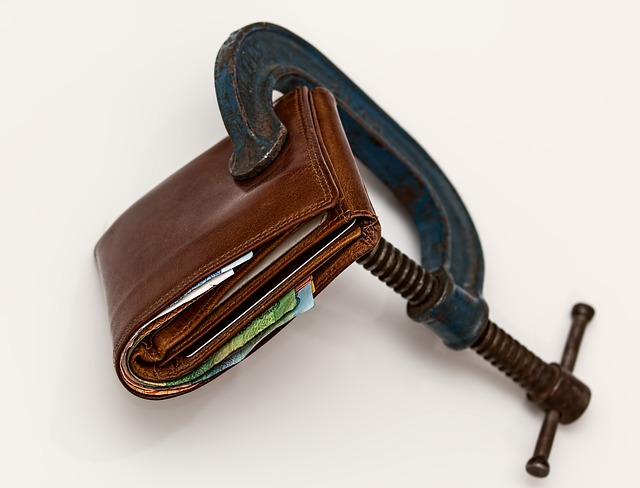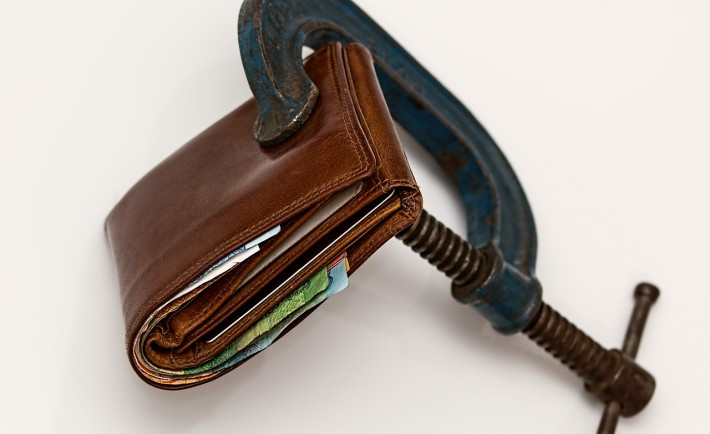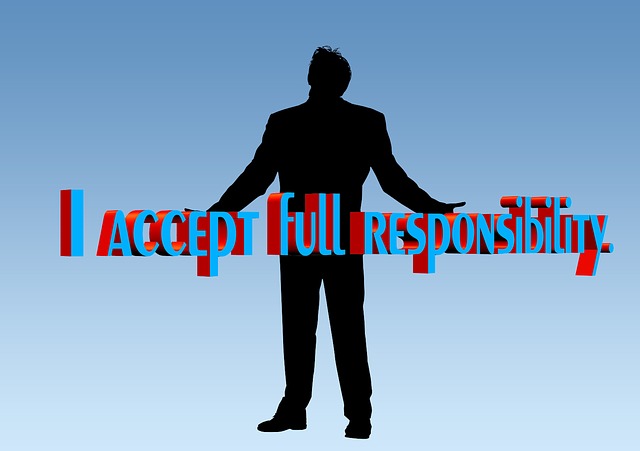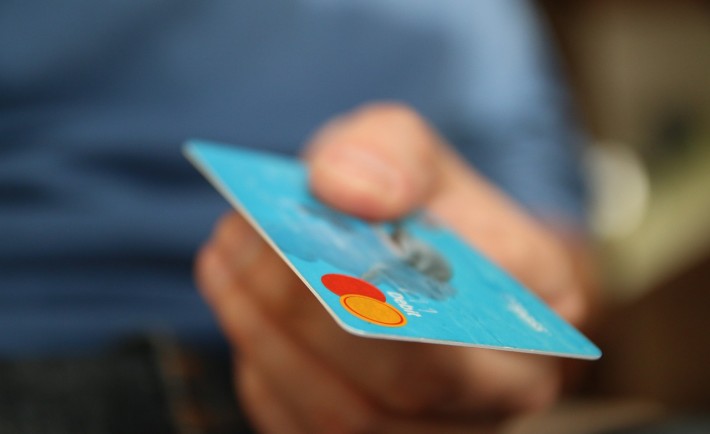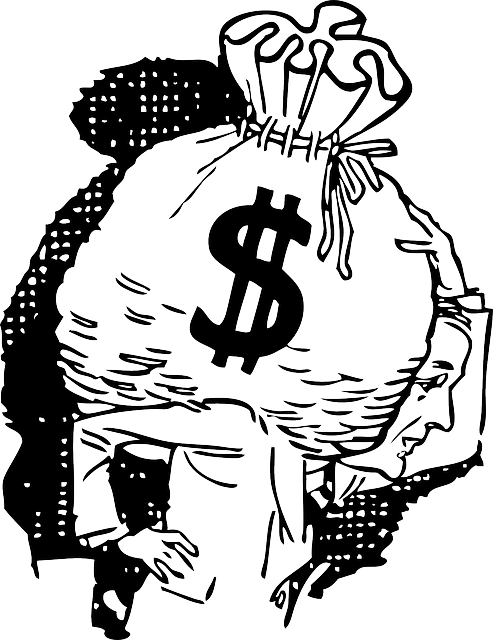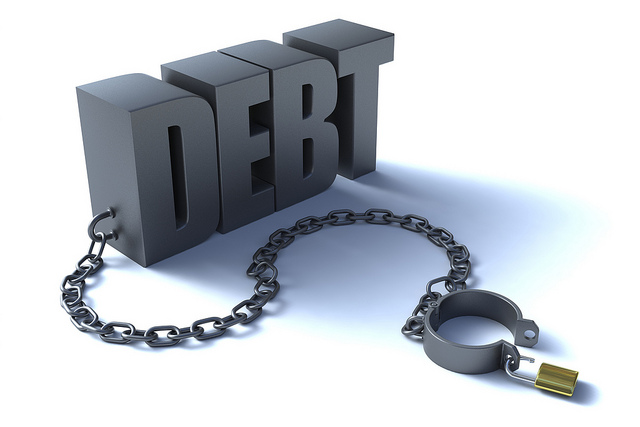Hiking up successfully to a mountain of debts is a difficult task to anyone but, it is doable. All you need to get started is the application of money management skills.
The first step is to take a hard look at your cash flow. It is important to track where your money is going through observing the previous months’ bank statements and receipts. If an expense category is not necessary then, reduce or eliminate it from your budget. This includes magazine or newspaper subscriptions, cable television bundles, postpaid plans, gym memberships, and so on. Doing so will force you to come out of your comfort zone and live by your needs.
Instead of frequenting the gym, you can visit the nearby parks freely to have a recharging jog. You may also view the publications and reading materials available at the library at no cost. Read more books about personal finance to supplement your journey.
Now, we move on to a type of debt that most Singaporeans fall for – the credit card debt. There were more than 101,000 delinquent debtors in 2015 alone. Not to mention, the largest accumulation of debt last year was a whopping $1,552,000!
Its pervasive nature gave rise to the importance of controlling our credit card habits. Begin by collating all your credit card statements. List down your current balances and corresponding interest rates. Put these in order by starting with the greatest interest rate and down with the least interest rate. Pay of the debts with the highest interest rates first as it will be the most beneficial move in the long run.
Create a realistic budget that incorporates what you discovered about your cash flow and your debts. Stick with this budget! When all these are said and done, it is important to maintain healthy financial habits. Keep yourself motivated by setting financial goals. Sharing your progress to the significant people in your life can encourage you even more. You may also make an illustrated board (e.g., filled with pictures of your dream house or vacation) to visualize your goals.
The road ahead may seem impossible at the moment. So, you better hang in there!


